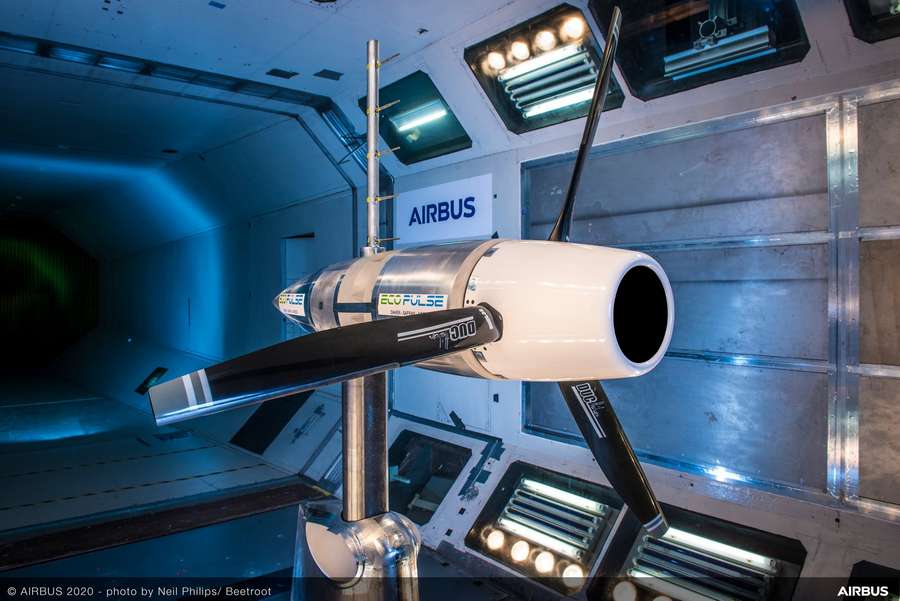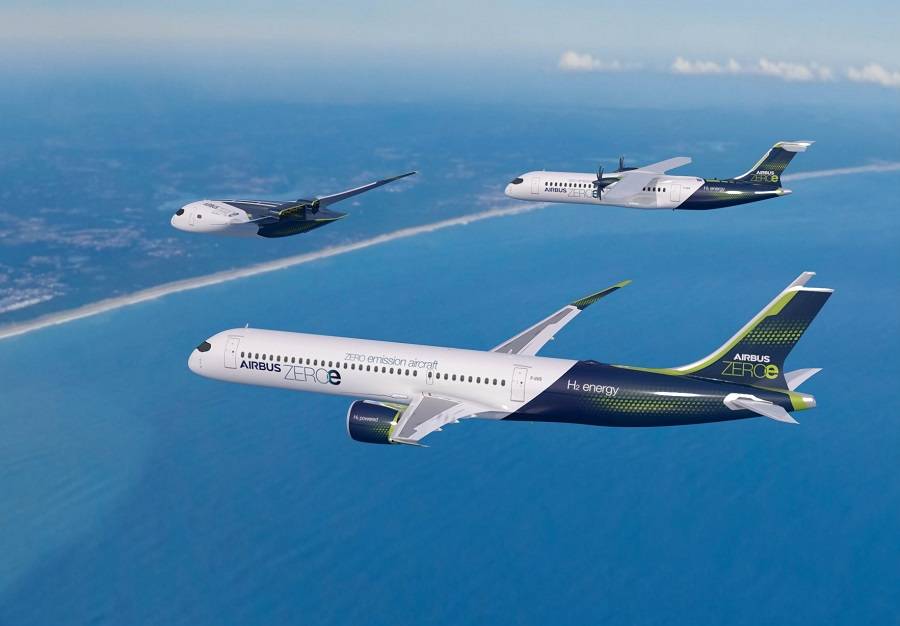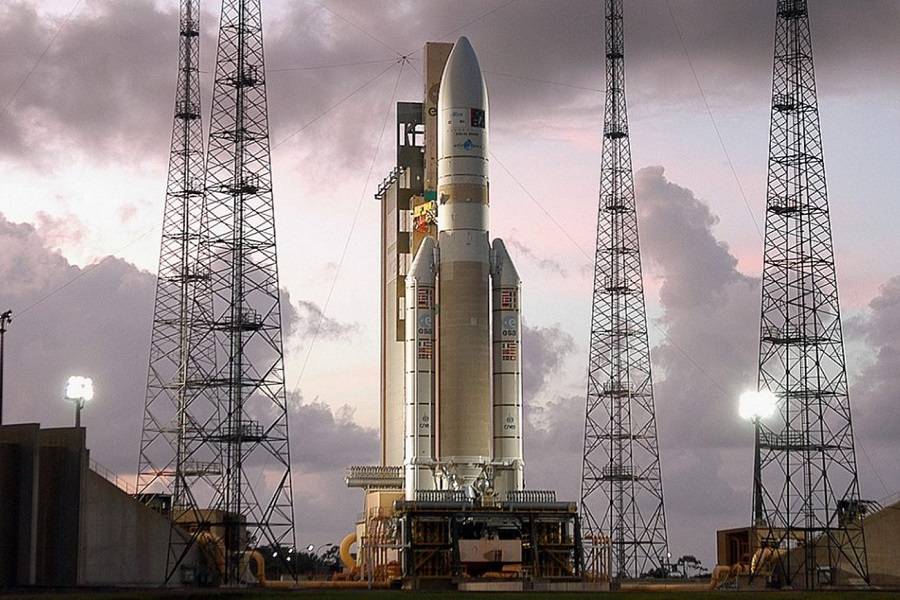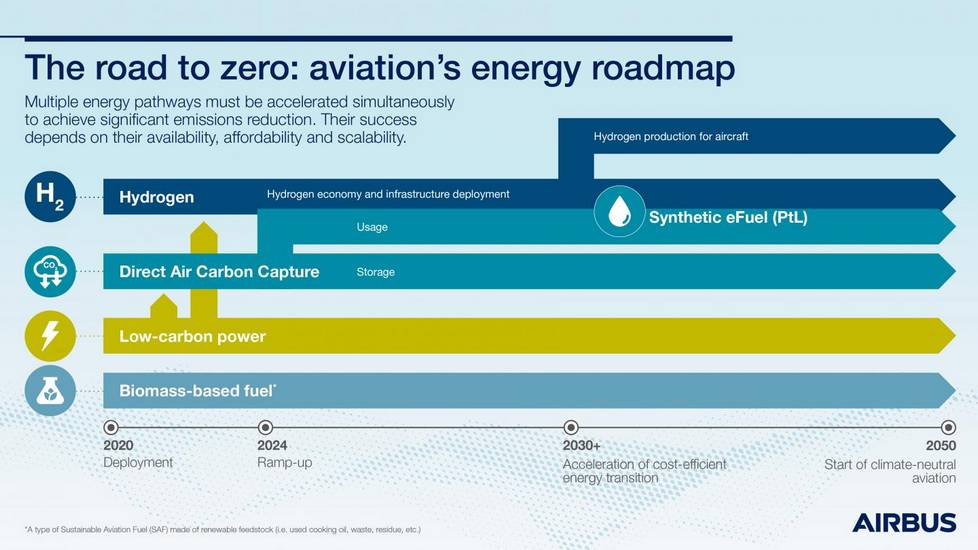Guillaume Faury, the Airbus CEO, told the press that the manufacturer could make its own engines to power future aircraft that use hydrogen. But what sort of engines are these?

Starting from the autumn of 2020, Airbus made a strategy shift towards hydrogen propulsion. The manufacturer outlined plans that identified 2035 as the time when the first such aircraft could enter service. As we have seen in previous articles, hydrogen aircraft propulsion can take many forms. These include hydrogen-burning jet engines, and hydrogen fuel cells, generating electricity that then drives electric motors.
Airbus Hydrogen Engines – What Type?
Speaking to a German newspaper, Guillaume Faury suggested that Airbus itself could produce engines, to drive its future hydrogen aircraft. The Airbus CEO said that this could be part of a possible “change of strategy”. Airbus has so far emphasized the need to have a hydrogen ecosystem of companies, to make the fuel a reality. This includes not just the production of the fuel, but also its transportation, storage and handling at various facilities.

It is not completely clear what types of “hydrogen engines” the Airbus CEO was referring to. The article suggests that it was electric motors. The manufacturer would cooperate with jet engine manufacturers, for a hydrogen combustion aircraft design. So a “home project” for a hydrogen-electric aircraft, makes more sense.
But there would be much more to an Airbus aircraft using hydrogen-electric propulsion than the motor – or engine. Developing the hydrogen fuel cell would be one challenge. Airbus is already working on another, which is the cryogenic fuel tanks. As we have seen, the Airbus Group also includes Airbus Space and Defense, which runs the Ariane space program. This has substantial experience with cryogenic hydrogen.

A Matter Of Time?
But the use of hydrogen for space vehicles differs quite substantially from that of aircraft. Solving these challenges takes a long time. Even when using hydrogen in modified jet engines, Airbus would need to overcome the challenges involving the fuel tanks. And this includes finding the right place on the airframe for these tanks – because the wings aren’t an option.
At this point, Airbus is still looking at all available options for hydrogen aircraft, including fuel cells and jet engines. But last summer, the manufacturer appeared to try to minimize expectations, with regards to the timing of the technology. While it still mentions 2035 as a target, it reiterated that this is the date for only the first such aircraft. And that this aircraft will likely be small. A320-sized hydrogen-driven airliners will likely have to wait until 2050.

This is closer to what Boeing has been saying. But Airbus has pointed out that hydrogen can be used to create synthetic fuels, for jet engines. And this is why the European manufacturer is pushing for that hydrogen ecosystem, that we mentioned previously. As we saw in other articles, some SAFs (sustainable aviation fuels) involve hydrogen in their creation. Airbus is also a strong proponent for SAFs – as is Boeing.
In any case, the long-term nature of this program puts Faury’s statement about hydrogen engines into perspective. Given the timeline involved, there is scope for Airbus to have some flexibility as to who will make key parts for these aircraft.



